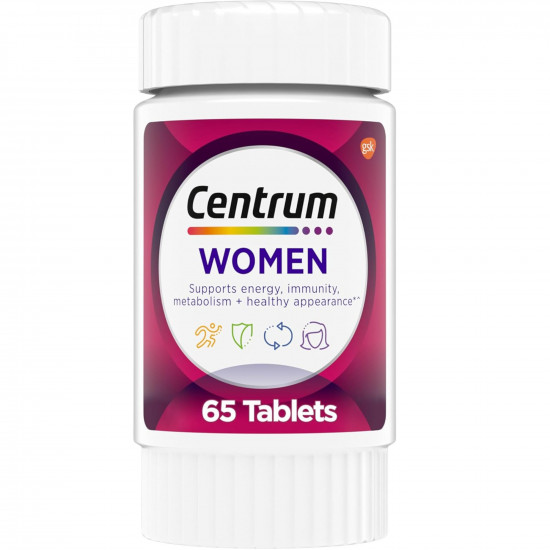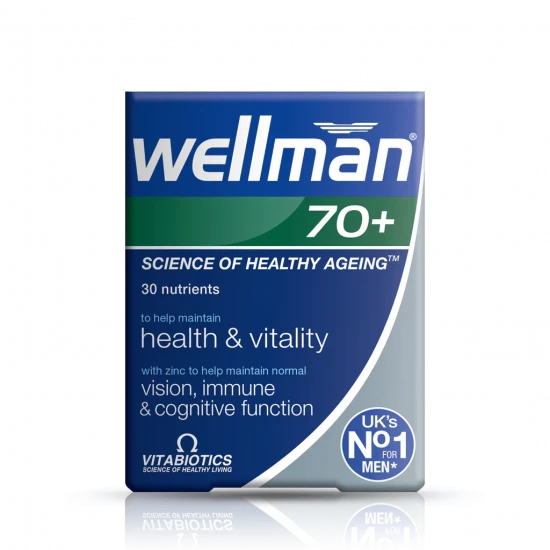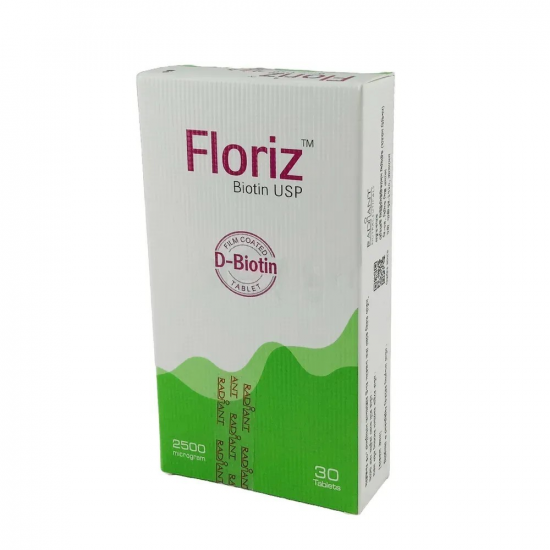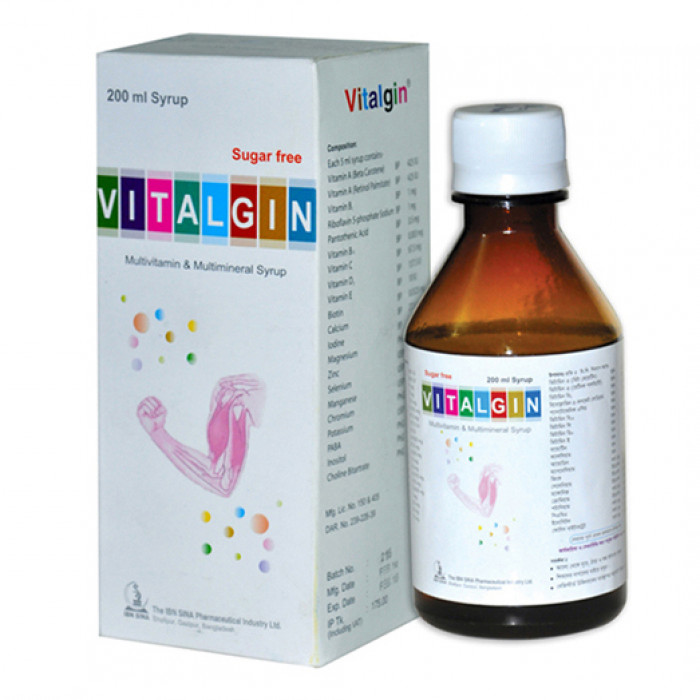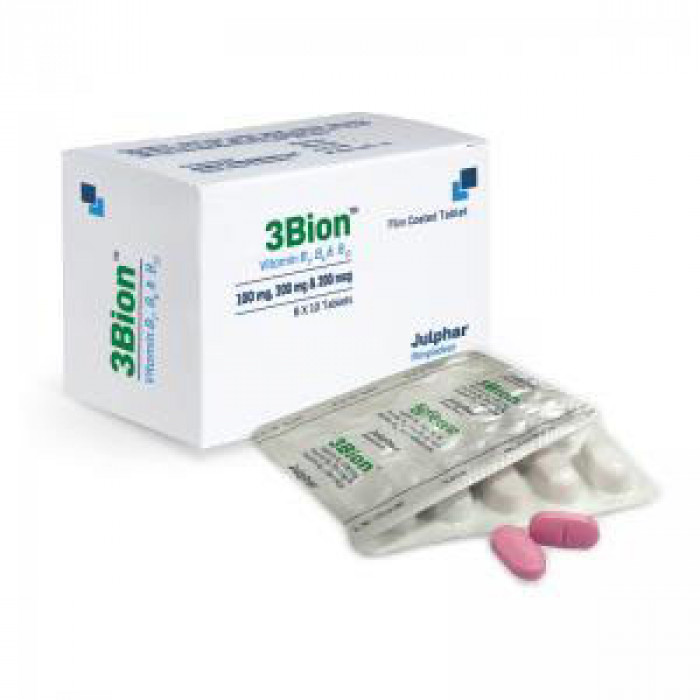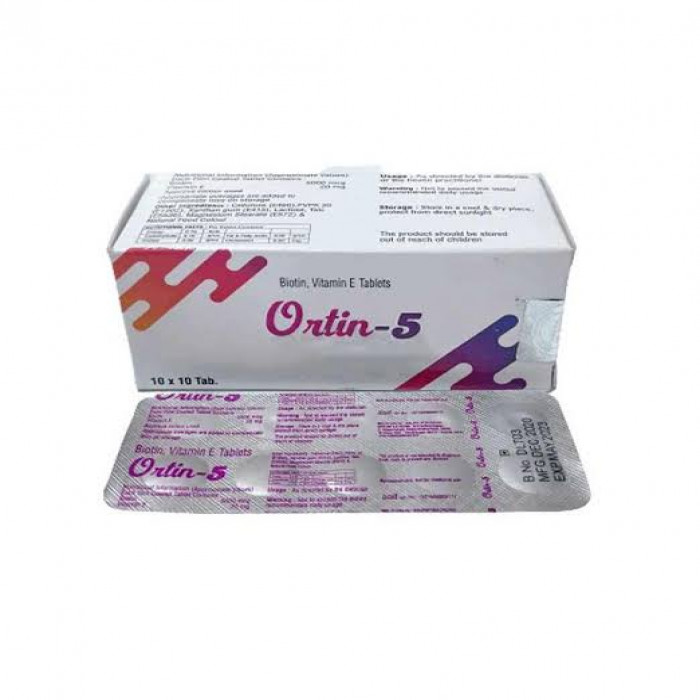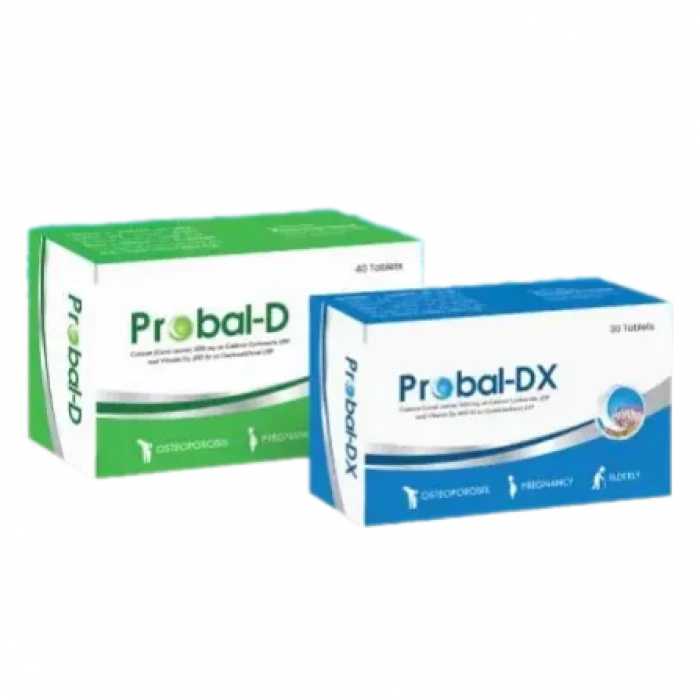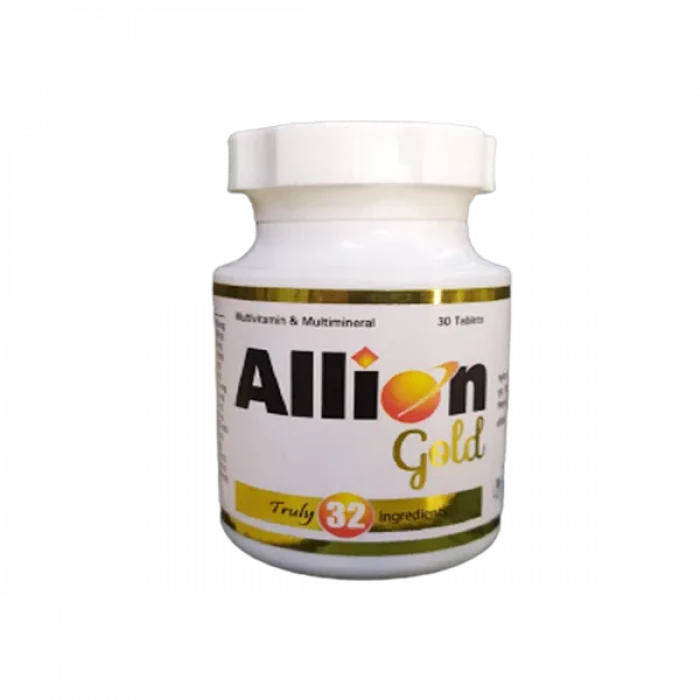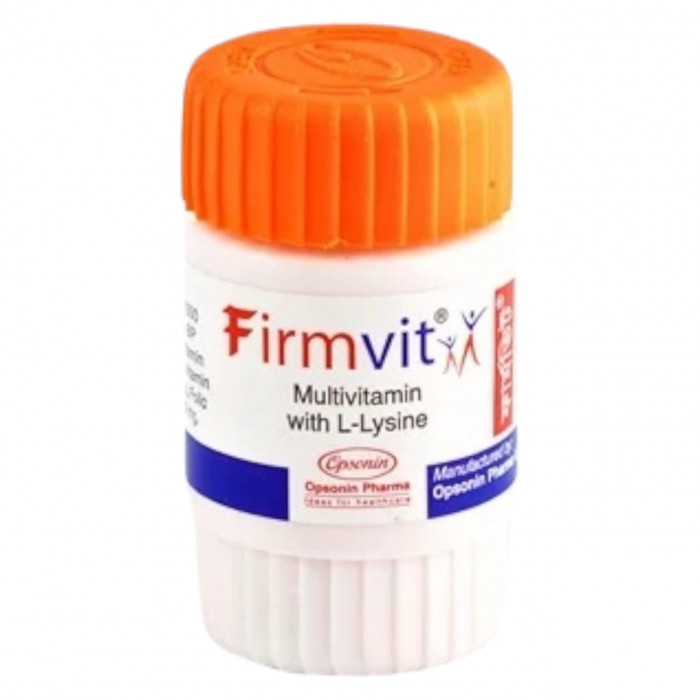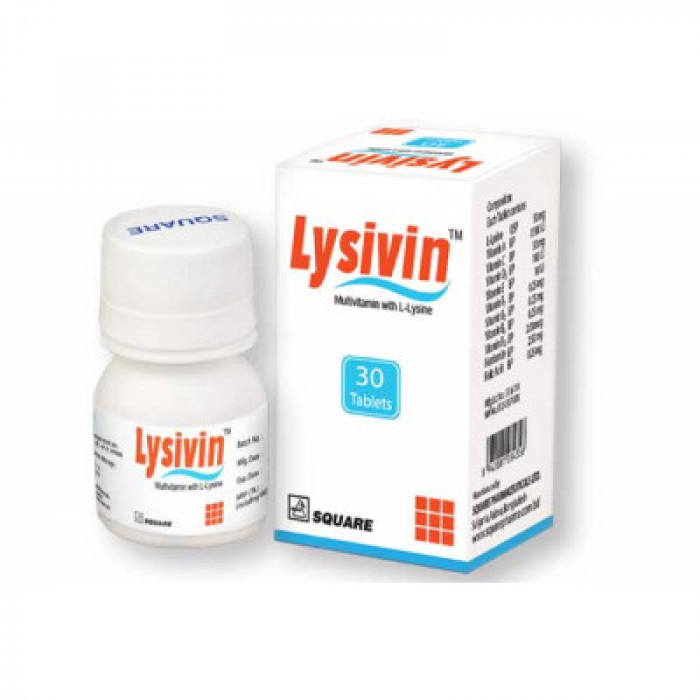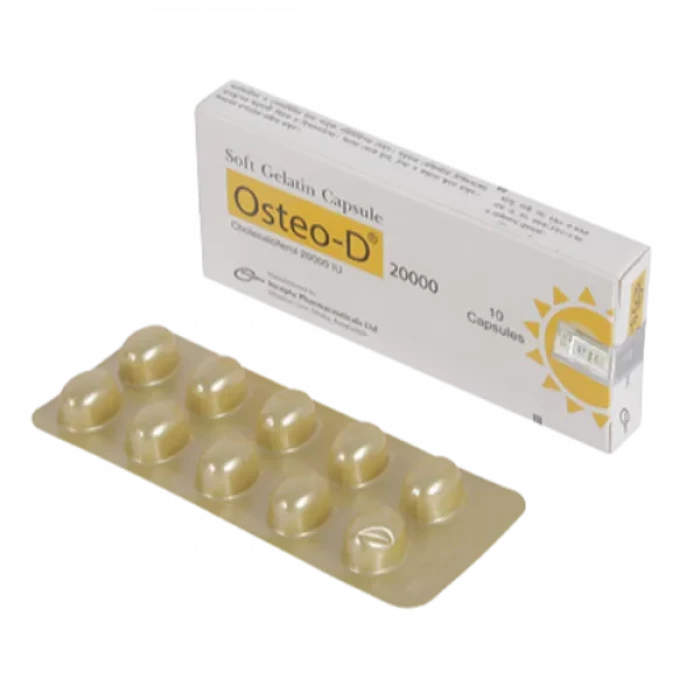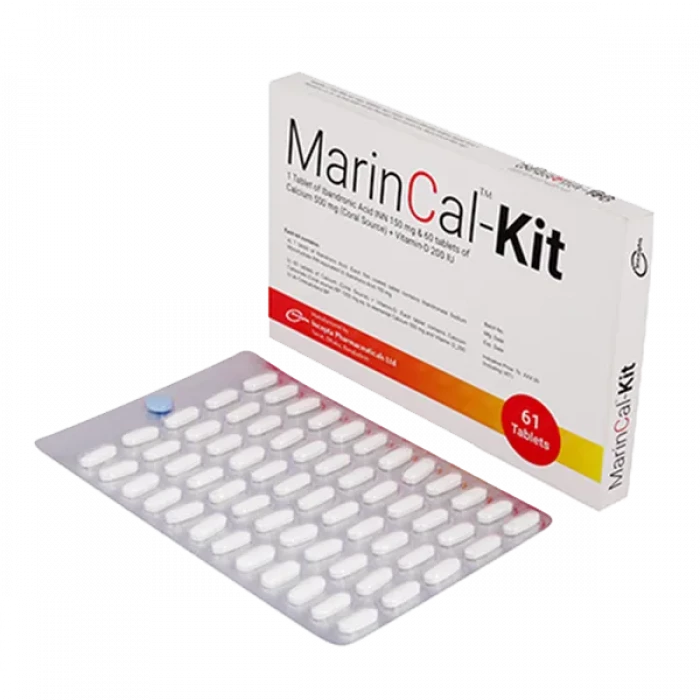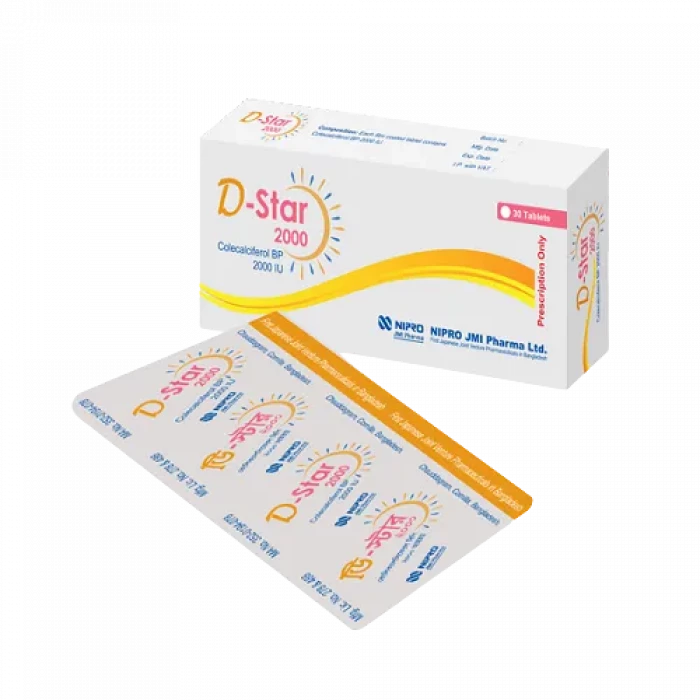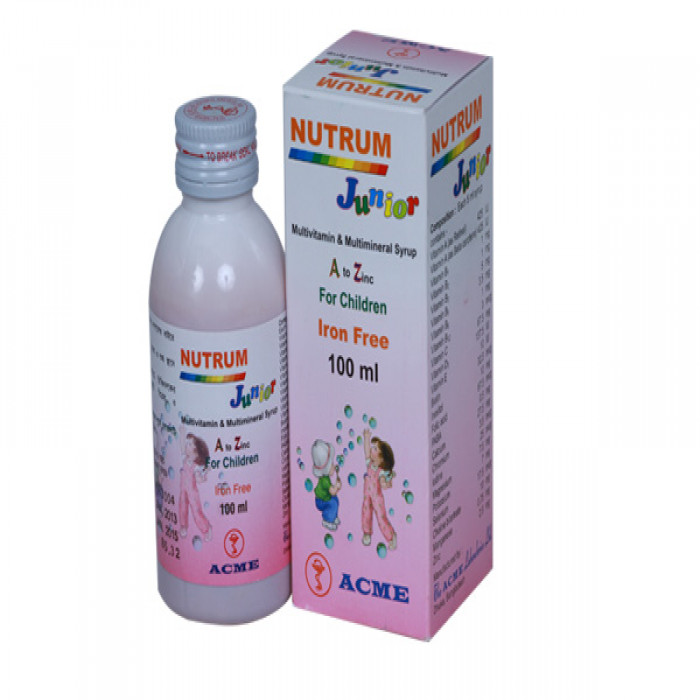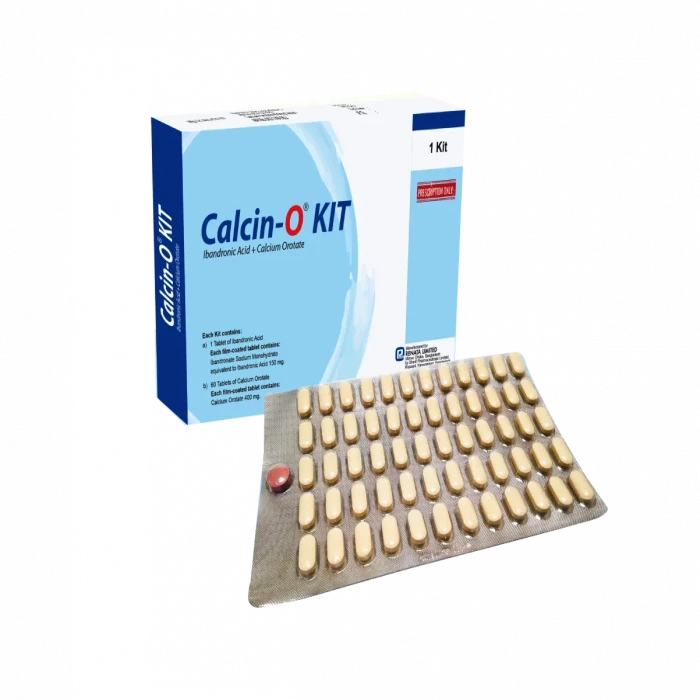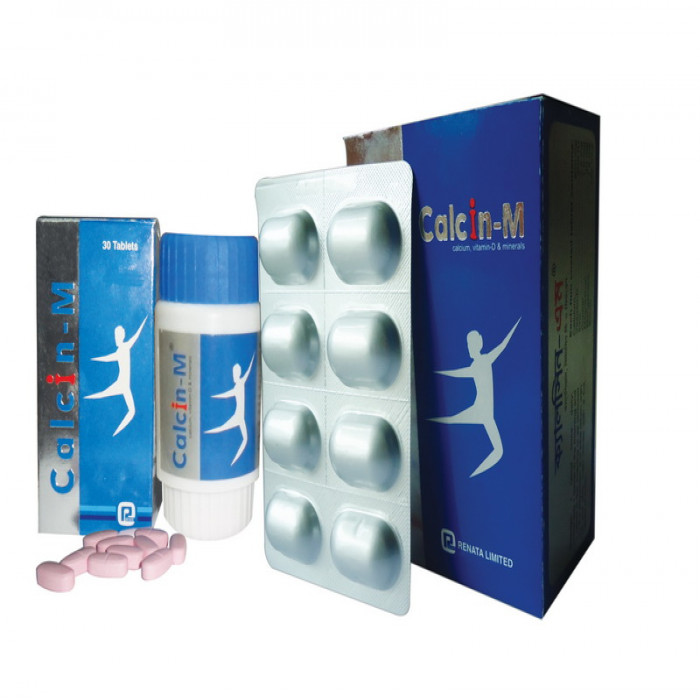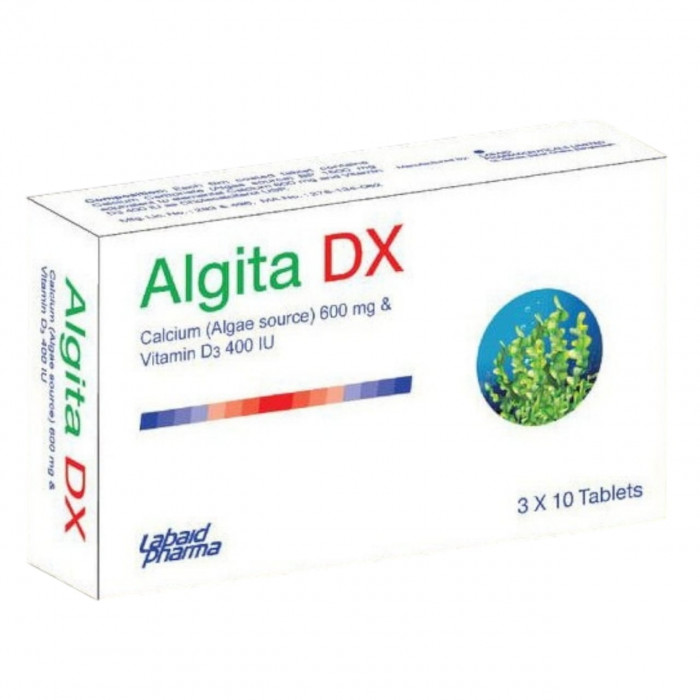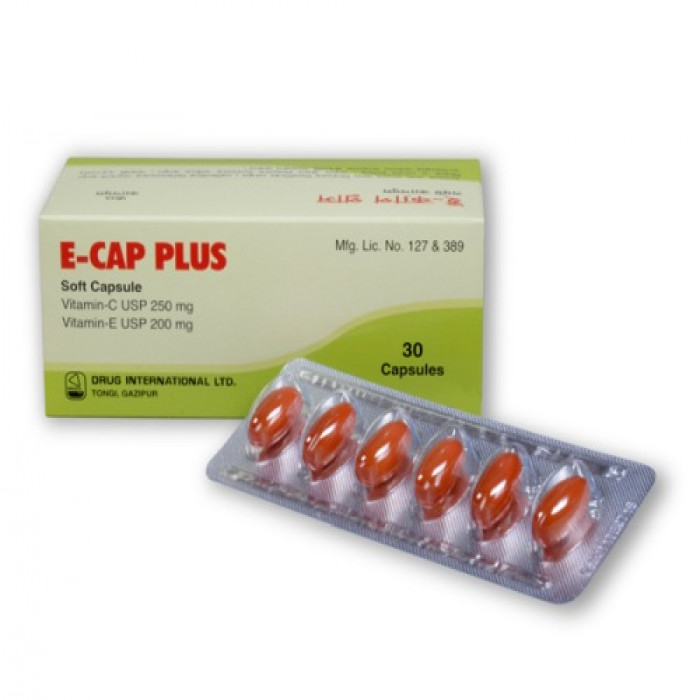
✔ 100% Authentic Product
👁️ Currently Viewing 5925
E-Cap Plus 10pcs
The active ingredients of Vitamin C and Vitamin E have been linked with reduced risks of cardiovascular diseases in humans. Concurrent Vitamin E and Vitamin C intake suggest their action may be synergistic.
Discount
Price: ৳ 48
MRP:
৳
50
5%
Off

100% Genuine Products, Guaranteed

Safe & Secure Payments, Always

Fast, Secure & Efficient Delivery

Proper Packaging
 Cash on Delivery - All over Bangladesh
Cash on Delivery - All over Bangladesh Regular Delivery - 12-24 Hours, Dhaka City* Charge Tk.39-59
Regular Delivery - 12-24 Hours, Dhaka City* Charge Tk.39-59 Regular Delivery - 24-48 Hours, Other Cities* Charge Tk.99-110
Regular Delivery - 24-48 Hours, Other Cities* Charge Tk.99-110
 ফ্রি ডেলিভারিঃ - ৯৯৯ টাকা+ অর্ডারে, ঢাকা
শহরে
ফ্রি ডেলিভারিঃ - ৯৯৯ টাকা+ অর্ডারে, ঢাকা
শহরে ফ্রি ডেলিভারিঃ - ২৯৯৯ টাকা+ অর্ডারে, ঢাকার
বাহিরে
ফ্রি ডেলিভারিঃ - ২৯৯৯ টাকা+ অর্ডারে, ঢাকার
বাহিরে
100% Genuine Products, Guaranteed
Safe & Secure Payments, Always
Fast, Secure & Efficient Delivery
Proper Packaging
 Cash on Delivery - All over Bangladesh
Cash on Delivery - All over Bangladesh Regular Delivery - 12-24 Hours, Dhaka City* Charge Tk.39-59
Regular Delivery - 12-24 Hours, Dhaka City* Charge Tk.39-59 Regular Delivery - 24-48 Hours, Other Cities* Charge Tk.99-110
Regular Delivery - 24-48 Hours, Other Cities* Charge Tk.99-110 ফ্রি ডেলিভারিঃ - ৯৯৯ টাকা+ অর্ডারে, ঢাকা
শহরে
ফ্রি ডেলিভারিঃ - ৯৯৯ টাকা+ অর্ডারে, ঢাকা
শহরে ফ্রি ডেলিভারিঃ - ২৯৯৯ টাকা+ অর্ডারে, ঢাকার
বাহিরে
ফ্রি ডেলিভারিঃ - ২৯৯৯ টাকা+ অর্ডারে, ঢাকার
বাহিরে
✅ Description:
Vitamin E and vitamin C supplement use and risk of all-cause and coronary heart disease mortality
✔️ Uses of E-Cap Plus
- Help growth and good health
✔️ Side Effects of E-Cap Plus
Generally well-tolerated. Diarrhea may occasionally occur during treatment with beta-carotene and the skin may assume a slightly yellow discoloration. The side effects of vitamin A are reversible. Vitamin C and vitamin E may cause diarrhea and other gastrointestinal disturbances.
✔️ How does E-Cap Plus work?
Vitamin C: Necessary for collagen formation and tissue repair; plays a role in oxidation/reduction reactions as well as other metabolic pathways including synthesis of catecholamines, carnitine, and steroids; also plays a role in the conversion of folic acid to folinic acid.
Vitamin E: Plays a role in protecting red blood cells against hemolysis; has protective effects against free radicals on polyunsaturated fatty acids found in cell membranes; plays a role in preventing oxidation of vitamins A and C.
✔️ Quick Suggestions:
- Essential nutrients important for optimal health
- Both vitamins play important roles in supporting cardiovascular, antioxidant, and immune system health
✔️ Indication of E-Cap Plus
Indications:
- Keratosis
- Rough skin
- Wrinkles associated with aging
- Alzheimer's disease
- Cancer Prevention
- Dementia
- Degenerative diseases
- Coronary heart diseases
- End-stage renal disease
- Growth and repair of body tissue
- Bone, skin, teeth, and hair
✔️ Pharmacology
Vitamin C:
- Collagen Formation and Tissue Repair: Vitamin C is crucial for the synthesis of collagen, a protein that provides structure to bones, skin, and connective tissues. It promotes wound healing and helps maintain the integrity of skin, blood vessels, and cartilage.
- Oxidation/Reduction Reactions: Vitamin C acts as an antioxidant, scavenging free radicals and protecting cells from oxidative damage. It regenerates other antioxidants like vitamin E and plays a vital role in the body's defense against oxidative stress.
- Metabolic Pathways: Vitamin C participates in various metabolic pathways, including the synthesis of catecholamines (hormones like adrenaline and dopamine), carnitine (essential for fatty acid metabolism), and steroids (such as cortisol and aldosterone).
- Conversion of Folic Acid: Vitamin C is involved in the conversion of folic acid to folinic acid, a biologically active form of folate. Folate is essential for DNA synthesis and cell division, making it important for overall health and development.
Vitamin E:
- Protecting Red Blood Cells: Vitamin E helps protect red blood cells (erythrocytes) from hemolysis, which is the breakdown of red blood cells. It maintains the structural integrity of cell membranes, preventing them from becoming too fragile and breaking apart.
- Antioxidant Effects: Vitamin E is a potent antioxidant that neutralizes free radicals, unstable molecules that can damage cells and contribute to aging and disease. It protects polyunsaturated fatty acids (PUFAs) in cell membranes from oxidative damage, helping to maintain membrane integrity.
- Preventing Oxidation of Other Vitamins: Vitamin E plays a role in preventing the oxidation of other vitamins, such as vitamin A and vitamin C. By protecting these vitamins from oxidation, vitamin E helps maintain their biological activity and overall effectiveness in the body.
✔️ Dosage & Administration of E-Cap Plus
One tablet or capsule daily or as directed by a physician.
✔️ Interaction
Vitamin C Interactions: Deferroxamine, hormonal contraceptives, flufenazine, warfarin, elemental iron, salicylates, warfarin, fluphenazine, disulfiram, mexiletine, vitamin B12.
Vitamin E Interactions: Colestyramine, colestipol, and orlistat may interfere with vitamin E absorption. High doses of vitamin E potentiate the anticoagulant action of warfarin. Large doses of vitamin E may impair the response to iron supplementation.
✔️ Contraindications
Patients with a known hypersensitivity to any of the ingredients.
✔️ Pregnancy & Lactation
Pregnancy Category A. Adequate and well-controlled human studies have failed to demonstrate a risk to the fetus in the first trimester of pregnancy (and there is no evidence of risk in later trimesters).
✔️ Precautions & Warnings
Hypervitaminosis. Avoid use in early pregnancy. Patients on anticoagulant therapy should not use ascorbic acid for a prolonged period of time.
✔️ Storage Conditions:
Keep away from light and children.
⚠️Disclaimer:
At ePharma, we’re committed to providing accurate and accessible health information. However, all content is intended for informational purposes only and should not replace medical advice from a qualified physician. Please consult your healthcare provider for personalized guidance. We aim to support, not substitute, the doctor-patient relationship.




